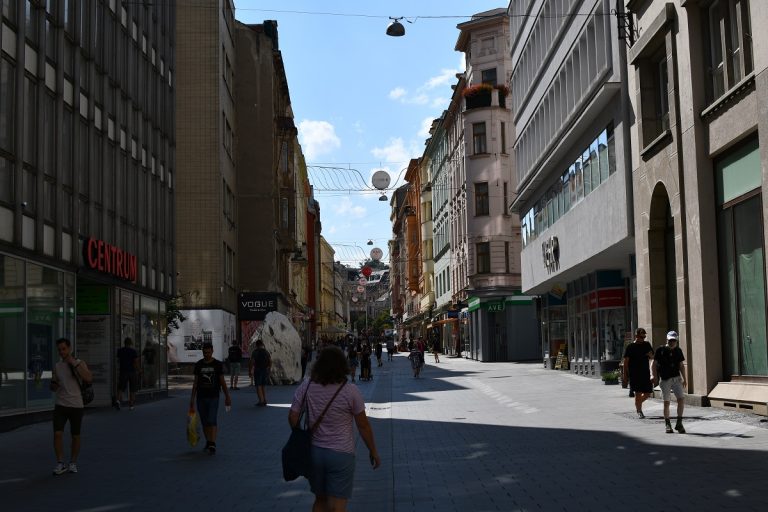Norway Grants have supported 165 projects and 11 bilateral initiatives aimed at promoting cooperation between the Czech Republic and Norway with almost CZK 900 million over the last five years, the Environment Ministry said in a press release yesterday.
The implementation of projects under the Environment, Ecosystems and Climate Change programme has thus reached its goal, the ministry added.
The Norway Grants are officially referred to as ‘Financial Mechanisms of the European Economic Area (EEA) and Norway’, through which Norway, together with Iceland and Liechtenstein, contribute to reducing economic and social disparities in the EEA.
The programme funds have been divided among selected areas of support, such as the protection of ecosystems and biodiversity, air and water pollution, and adaptation to climate change in municipalities and regions.
Norway Grants have been used, for example, to expand bird parks, build hundreds of new nest boxes for endangered owl species, turn dozens of sites green in Ostrava, monitor air pollution in the Czech-Polish border region, and introduce a trial run of a new wastewater treatment level at the Thomayer Hospital in Prague.
“One of the main pillars of the Norway Grants programme is the emphasis on cross-border cooperation in our projects,” said Petr Valdman, director of the State Environmental Fund of the Czech Republic (SFZP). “SFZP has also newly initiated a deepening of cooperation between the recipient countries, including Poland, Slovenia, Greece, Romania and the Baltic States.”
According to Valdman, the preparation of the financing of green projects from Norway Grants for the new period and the setting up of the programme and tenders are currently at the very beginning.
“From the donors’ side, the basic framework has been set, and now the approval process is underway among individual EU countries. After that, negotiations will take place at the level of the Czech Republic and only then will the relevant agreements be concluded,” Valdman added. The fund can only start its preparatory work once it has documents from the donors and the Financial Mechanism Office in Brussels.
The stories of the selected projects can be seen in a short documentary series available on the CFZP YouTube channel.






